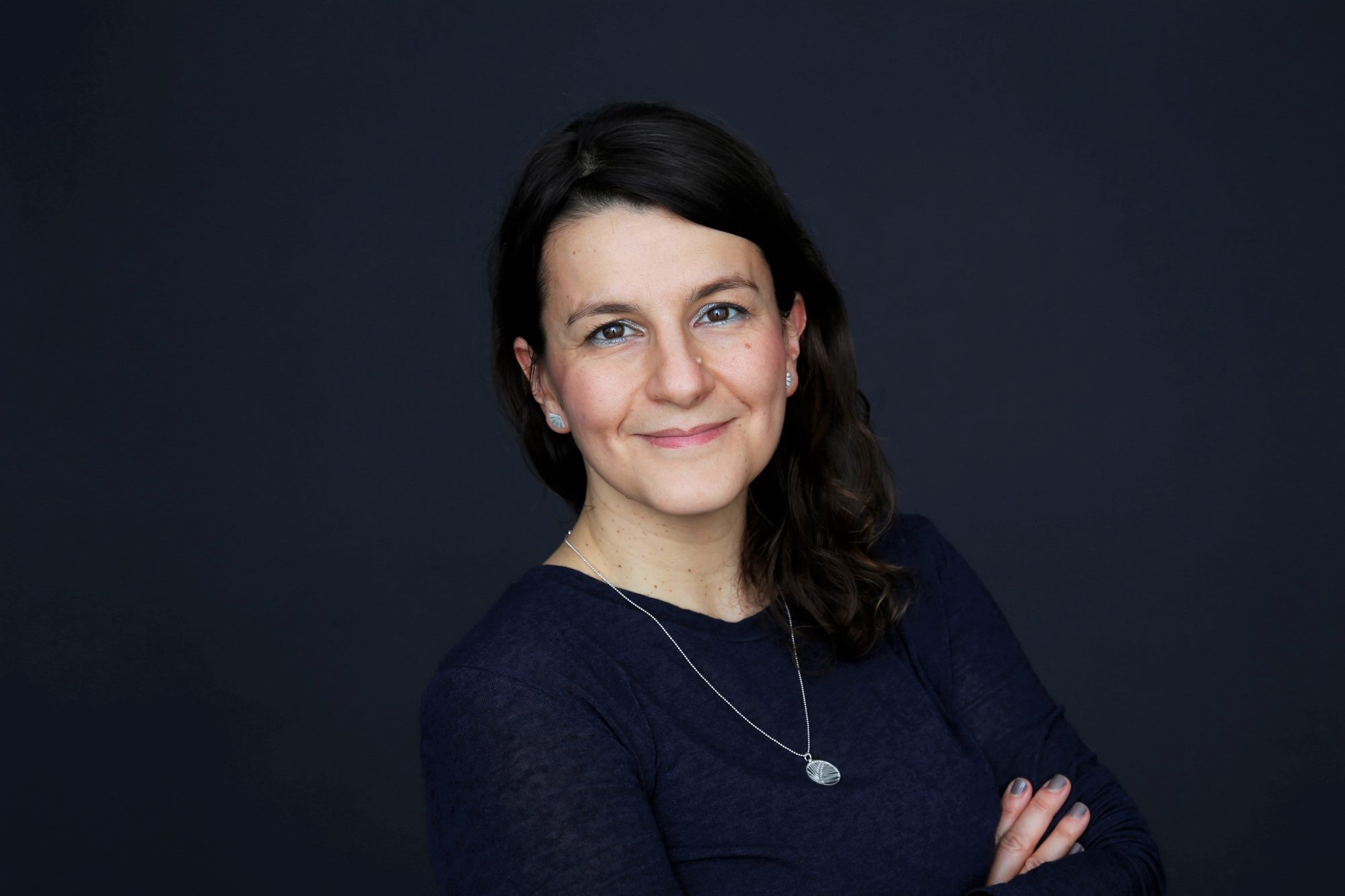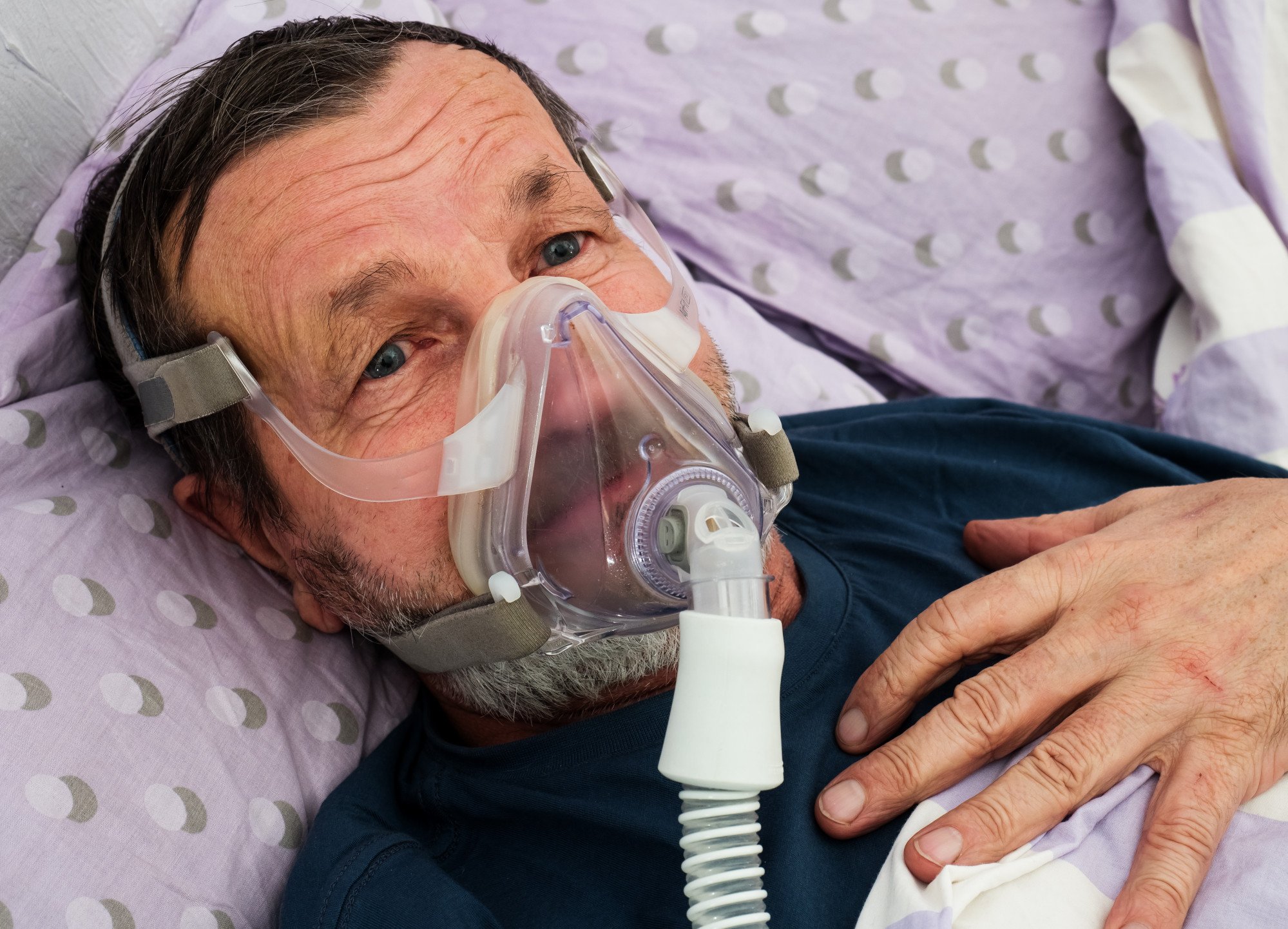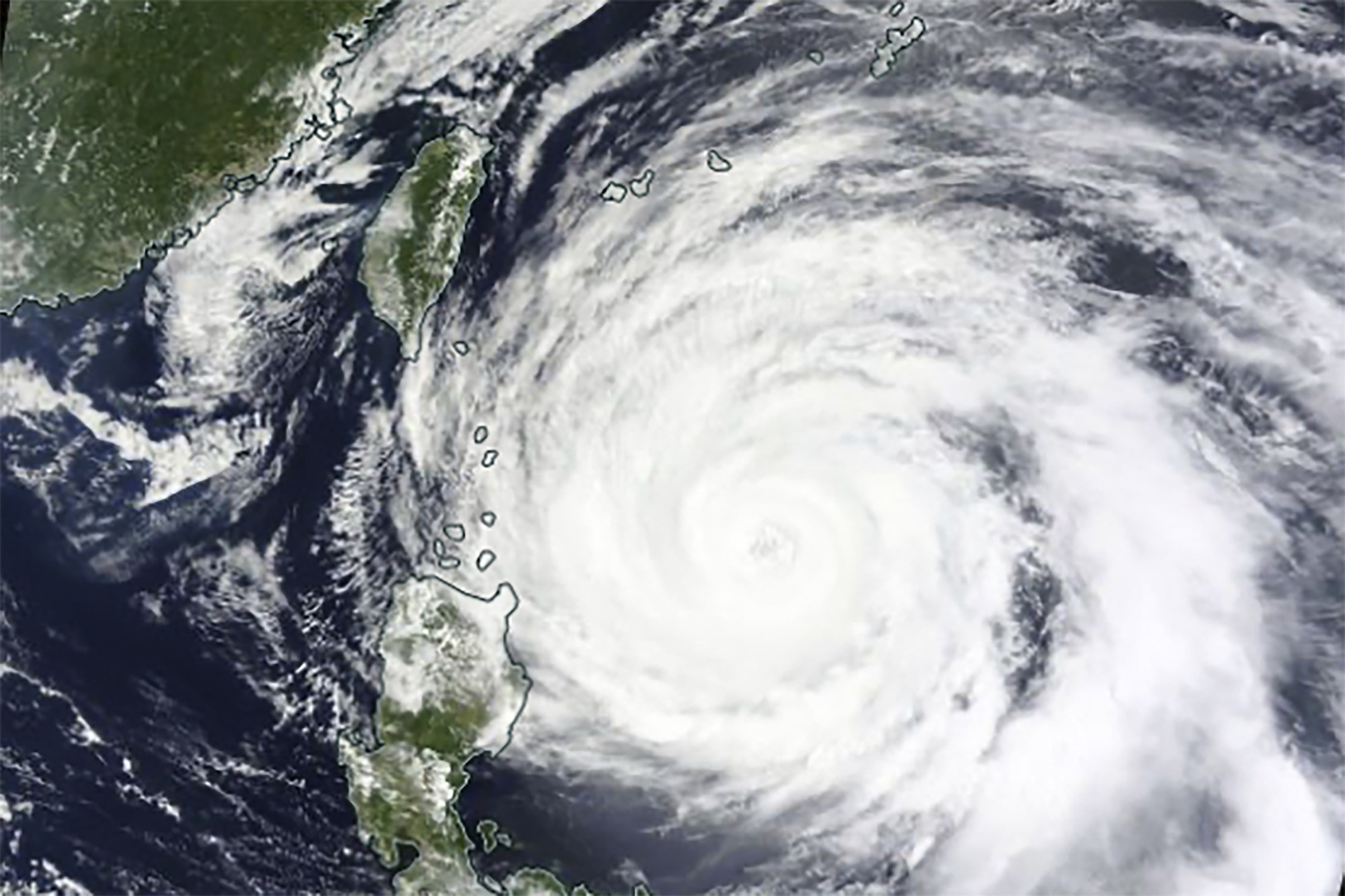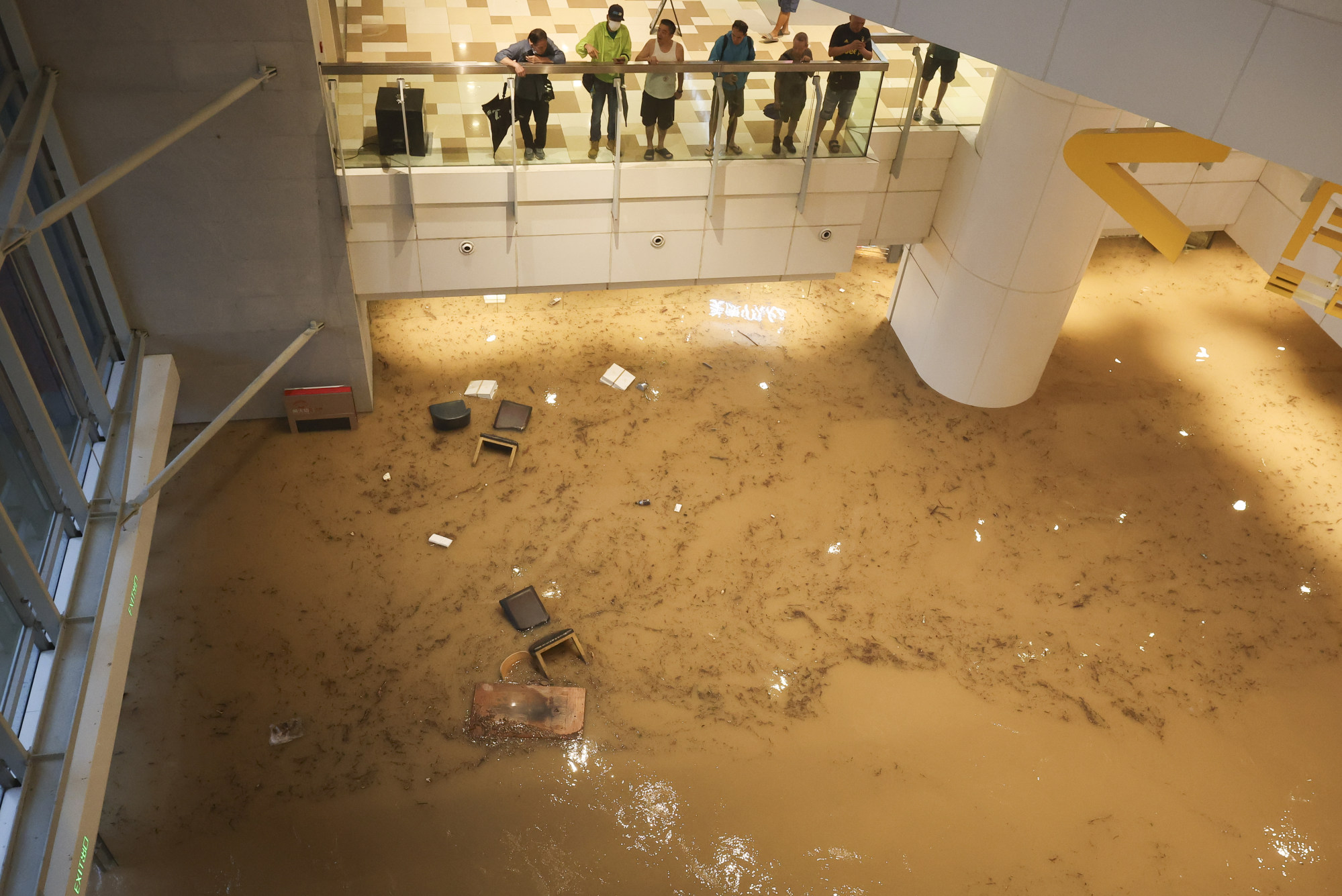
How climate change makes lung problems worse for the young, old and vulnerable – experts sound the alarm
- Heatwaves and wildfires increase particles in the air, while floods add to humidity, making mould worse. Climate change aggravates all those problems
- Lower greenhouse gas emissions and lower limits on air pollution are needed urgently to protect people such as those suffering with asthma or COPD, experts say
Respiratory health experts are calling urgently for lower limits on air pollution, as a report reveals that people with lung conditions including asthma and chronic obstructive pulmonary disease (COPD) face heightened risks from climate change.
The authors, on behalf of the European Respiratory Society, which represents more than 30,000 lung specialists from 160 countries, are calling on the European Parliament and governments around the world to urgently reduce greenhouse gas emissions and mitigate effects of climate change.
“Climate change affects everyone’s health, but arguably, respiratory patients are among the most vulnerable. These are people who already experience breathing difficulties and they are far more sensitive to our changing climate,” said Zorana Jovanovic Andersen, professor of environmental epidemiology at the University of Copenhagen, Denmark, who was an author of the report.

“Their symptoms will become worse, and for some, this will be fatal. Air pollution is already damaging our lungs. Now the effects of climate change are becoming a major threat to respiratory patients.”
According to the report, these effects include higher temperatures and a subsequent increase in airborne allergens, such as pollen.
The lungs: how they work, and how coronavirus hurts them
The World Health Organization (WHO) has previously warned that nearly every person on Earth breathes air that fails to meet its quality standards. This can lead to respiratory and blood-flow problems and millions of preventable deaths each year.
The regions with the poorest air quality, according to WHO, are the Eastern Mediterranean, Southeast Asia, and Africa.
COPD, which causes airflow blockage and breathing problems that significantly limit daily activities, is the fourth leading cause of death in the United States, and the third worldwide.
Dr Sharenja Ratnakumar, a specialist registrar in respiratory medicine from University College London and a researcher at UK NGO Breathing Matters, which raises awareness and knowledge of pulmonary fibrosis and lung infections, said the European report, and similar studies, had a sense of foreboding.

“It affects all members of society, preceding birth right to death. It is also clear that climate change is and will continue to disproportionately affect those who are vulnerable,” Ratnakumar said.

The city’s Environmental Protection Department recorded levels beyond normal, warranting a “serious” risk level.
We all need to breathe clean, safe air. That means we need action from policymakers to mitigate impacts of climate change on our planet and our health
“We all need to breathe clean, safe air. That means we need action from policymakers to mitigate impacts of climate change on our planet and our health,” said Andersen.
The European Respiratory Society is now calling for ambitious new air quality standards to replace the current outdated regulations.
Ratnakumar also stressed the need for further action.

“There needs to be acknowledgement and consensus to move forward and work together on tackling climate change in healthcare. There are already international recommendations from WHO’s air pollution guidelines with a robust body of evidence,” she said.
“This was recently updated with revised thresholds for air quality as particulate matter is more harmful than initially thought. There clearly needs to be greater buy-in from all members of society to make the shift change needed to tackle this very real problem.”

